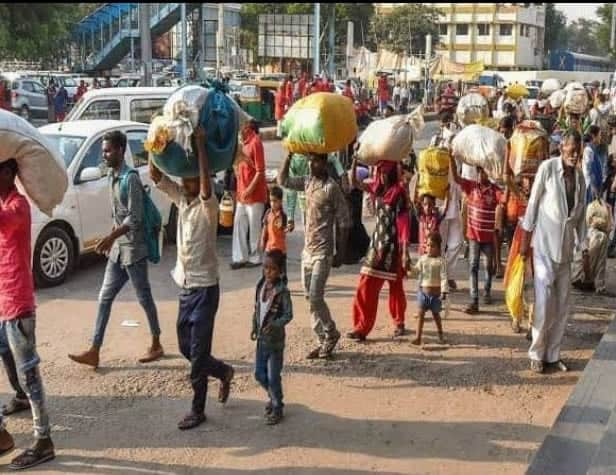How India needs to brace for Impact against mental sickness Post Lockdown open?

Last updated on February 13th, 2023 at 04:37 pm
Containing the pandemic is not the only worry to fight, as cases of mental sickness are said to be increasing consistently across the nation.
It is has been observed that younger children are running a greater risk of developing mental health issues as high levels of stress and isolation can affect brain development, sometimes with irreparable long-term consequences.
Since end of March, there has been a rise of 20 percent in reported cases with mental health issues in India. This has been confirmed by findings of the Indian Psychiatry Society.
According to the report, India needs to brace for impact in coming weeks, as lockdowns open up gradually. It is estimated that India will suffer from a massive mental health crisis due to unemployment, alcohol abuse, economic hardship, domestic violence and indebtedness. While this will affect most of the population it will disproportionately affect the poor, most vulnerable and marginalized groups.
Severity of mental illness is also being seen amongst children. This has been reported worldwide. Prolonged lockdown situations are affecting younger children India and abroad. A recent UNICEF report has succinctly confirmed that, “if not adequately or appropriately addressed, the mental health consequences for a generation of children and young people could far surpass the immediate health and economic impact of the COVID-19 pandemic, leaving long-term social and economic consequences in its wake.”
Currently, India has a population of over 150million people who are suffering from existing mental health issues. Suggesting some practical solutions is Ashwin Naik, author of the book the Healthcare Gamechangers that cover 12 innovators worldwide who have given the world innovation in healthcare. Naik said that India needs to be prepared; else its ill equipped mental health machinery might find it difficult to handle an influx in mental health cases.
Naik suggests a destigmatization of society, where people are educated about the perils health care workers or support staffs have to face. Most of them are being ostracized by fellow residents or even family members.
Taking care of ailing Covid-19 infected patients can anyway be a mentally exhausting task. Community infrastructure for support would be the ideal mechanism to support growing cases, as the current number of some 9000 psychiatrists for 1.3 billion populations is a meager number.
Read: Market Buzz: Vedanta board approves of its delisting, share price slides
In Mumbai, a startup InnerHour, is addressing issues surrounding mental health. Started by psychiatrists, InnerHour is an app which offers a range of clinical tools and self-help psychological activities, topical content and webinars, bot-based check-ins and voice/video therapy sessions in seven Indian languages.
The government needs to do more. While such individuals are reaching out to people in society, those who come from poorer backgrounds and might not be aware that they are suffering from some form of mental sickness will need to more hand holding and localized call centre based support, or even door-to-door counseling.



